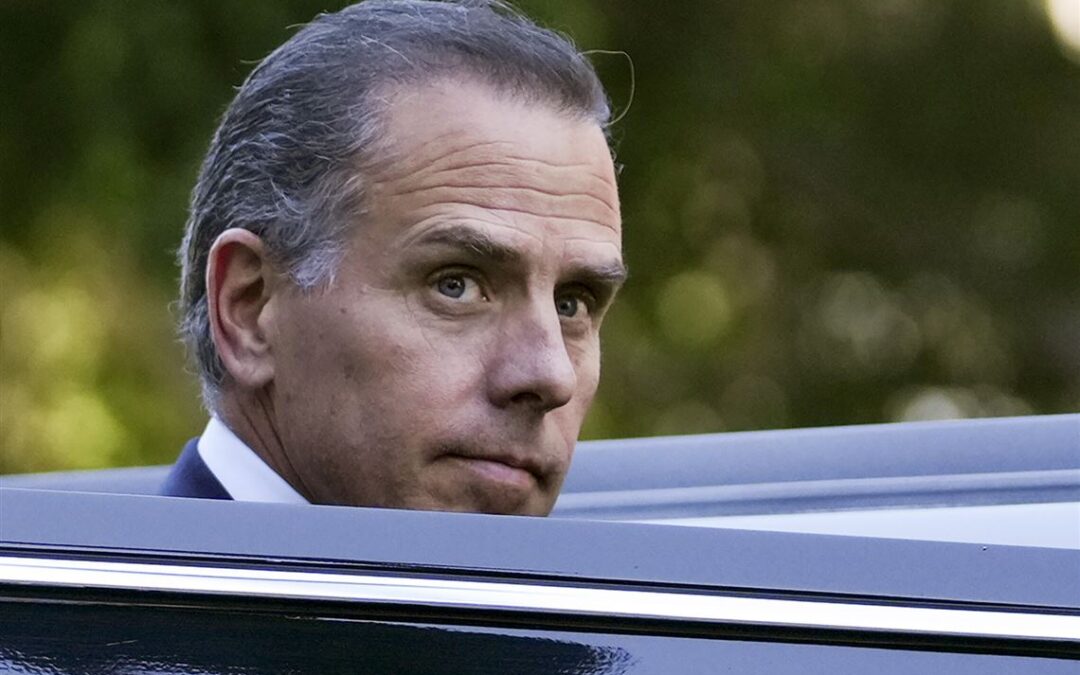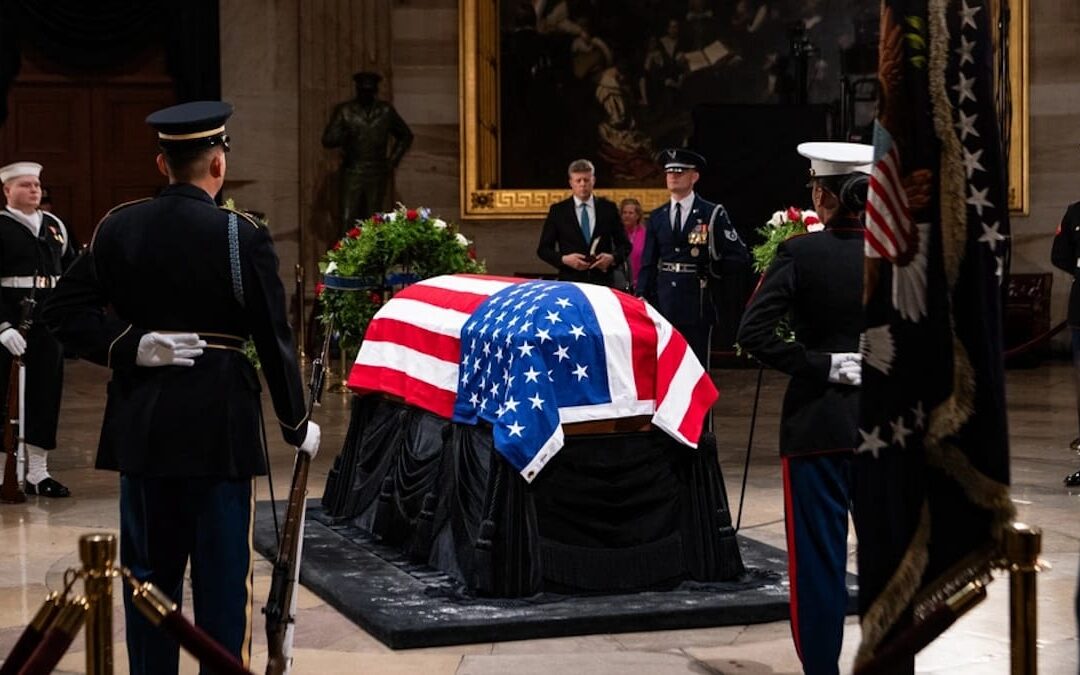On Thursday, May 4, the Association of American Law Schools (AALS), to which almost all fully accredited American law schools belong, held a zoom conference on the theme, “Defending Democracy.”
A reader might imagine that law schools have always seen defending constitutional democracy as a core obligation. But, until recently, it was rarely directly taught in the curriculum.
As far as I know, only one American law school even mentions democracy in its mission statement—my own Duquesne-Kline Law School, which strives to educate lawyers to promote “democratic discourse.”
So, we are in trouble when all at once a major theme of the legal academy becomes defending democracy.
How then do America’s law schools propose to do this?
The subtitle of the first panel told it all: “The State of the Union Three Years After January 6.” One theme of the first two panels was that the way to defend democracy is to educate people, presumably law students—in how unjust America is—its historic and persistent racial, gender, economic and sexual identity discrimination—and how law has been complicit in this inequality.
I was not able to watch the third and last panel, on election law, but I assume its theme was warding off Republican Party attempts to restrict voting rights.
In other words, to defend democracy, we must defeat the forces of darkness.
While I do not disagree with much of the content of this progressive agenda, I would not call it defending democracy. I would call it winning and I doubt its renewed pursuit will aid American democracy.
There was, however, another, more promising theme, sounded most notably by Mark Alexander, Dean of Villanova Law School. He argued that you defend democracy by listening to the people with whom you disagree, finding common ground and building community. At times, other speakers also spoke of a renewed commitment to the rule of law and legal method as a path to truth.
This is indeed how you defend democracy.
The basic problem is that while law professors like to talk about the rule of law and legal method as a path to truth, most of us are actually value relativists and nihilists.
The best justification of constitutional democracy is that the way to achieve better policies—which is truth in the political realm—is broad participation of the citizenry in debate and decision-making. The rule of law, especially constitutional law, is to ensure that government does not restrict this process but leaves it open and free.
Now, the AALS was not exactly practicing what it preaches. I did not count a single Republican or conservative among the panelists. I doubt anyone brought up legitimate Republican concerns about the 2020 Presidential election—the notorious 3-day extension of the period of voting by 4 Democratic Justices on the Pennsylvania Supreme Court, for example.
But it is still the right, in fact the only, way forward.
Can we expect American law schools to become free and open spaces for civil debate and thus a model for American politics?
For some of them, the answer is yes. In my experience, some law schools, especially religious ones like Villanova and Duquesne-Kline, really do pursue this goal.
But at most law schools a kind of unchallenged orthodoxy prevails, usually but not always progressive, and stifles debate. The recent example of Stanford law students shouting down a federal judge represents a real tendency, particularly at the elite law schools.
Why is it so hard for law schools to be open spaces?
The legal academy at heart believes that law is politics and politics is struggle.
This is contrary to the tradition, which taught that legal method was logical and reasoned judgment in the pursuit of justice, a movement of truth.
If you believe that everything is struggle, you have to defeat your opponents rather than try to persuade them. There is no truth to show them, only your preference versus theirs.
This is why critics of the U.S. Supreme Court are so ready to challenge its legitimacy. Granted, the process by which the Court is now dominated by conservative Justices was filled with lies by Mitch McConnell and others.
But critics cannot concede, though there is evidence for it in some of the Court’s decisions, that the Justices themselves all—including the conservatives—try to interpret law rather than simply pursue a political agenda. The critics do not believe a rule of law is actually possible.
This may be why religious law schools generally do better at promoting debate. There, a residual belief in truth and the coherence of the universe still resonates.
It turns out that you defend democracy by practicing it. You provide a space for wide participation in open debate and leave matters to the participants to decide.
And you can only do that if you believe, with Dr. Martin Luther King, Jr., that the arc of the universe, though long, bends toward justice.
When America returns to those beliefs and that view of the universe, you won’t even have to defend democracy. Its value will be obvious.






0 Comments